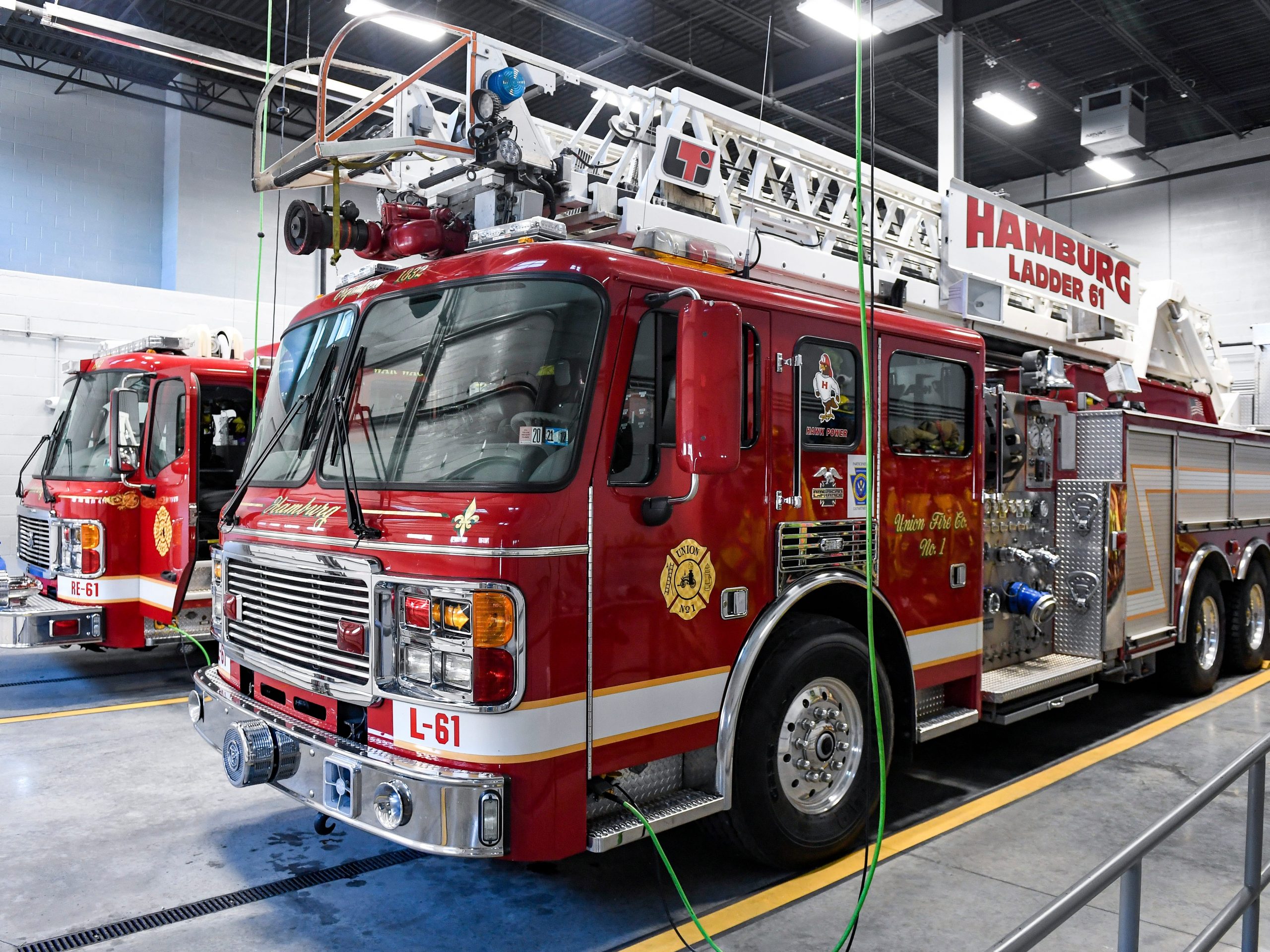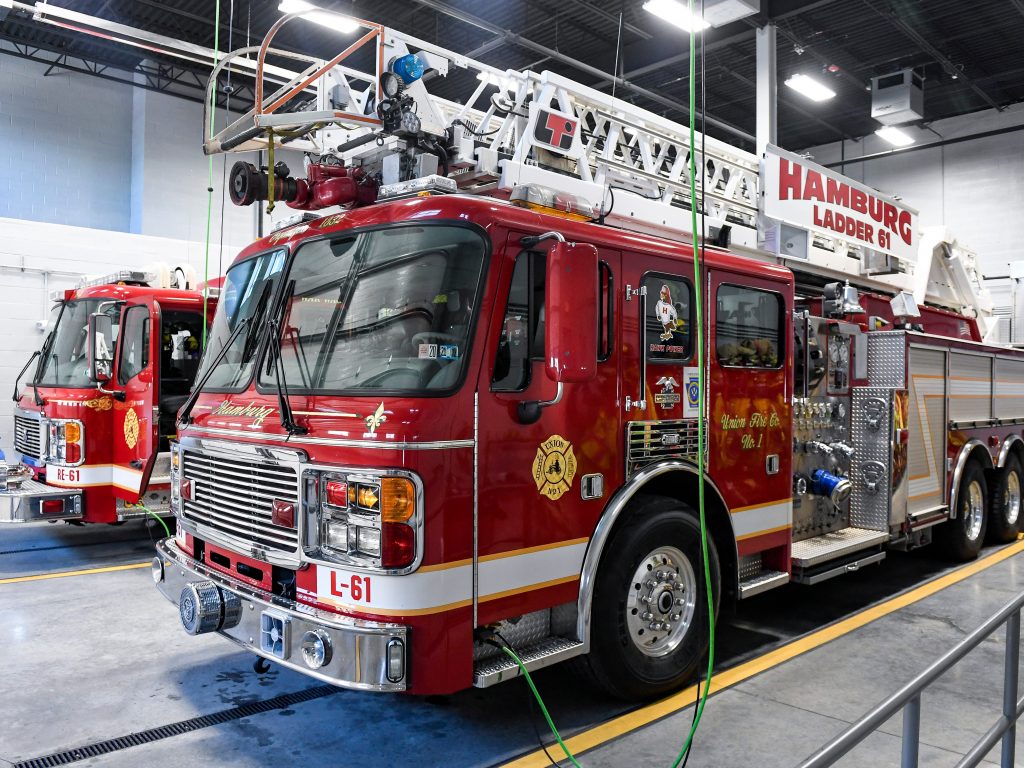
- A fire station in Vermont suffering from a worker shortage was unstaffed for up to an hour.
- Williston's fire and EMS chief said that no on-call staff had answered his call for assistance.
- Staffing "provides a challenge for us every day," he said.
Firefighters at a station in Williston, Vermont had to leave their station unstaffed for up to an hour earlier this month because there weren't enough workers.
Fire and EMS Chief Aaron Collette said that a critically-ill patient had required an urgent transfer to the University of Vermont Medical Center emergency room at around 7 p.m. on November 12.
Only three firefighters were on duty, and all had to help with the transfer, Collette said at a town selectboard meeting where he discussed the station's staffing woes. His comments were first reported by local media outlet VT Digger.
Collette said that he contacted his team of on-call firefighters, asking for someone to staff the station, but that no one responded.
"That call for assistance from the call staff went unanswered," he said.
As a result, the station was left unstaffed for between 45 minutes and an hour, Collette said.
"In that time frame you had no one to respond," he said, adding that the station had "no one to protect the community."
Collette said that similar situations appeared to have occurred four times in October as well.
Staffing "provides a challenge for us every day," Collette said.
Employers across many sectors are increasingly competing for workers, after many quit their jobs in search of better wages, benefits, and working conditions. Police, hospitals, and EMT services have all said they've struggling to recruit and retain staff.
The Williston fire station has 12 career firefighters, VT Digger reported. They work in 24-hour shifts every third day, and Collette said at the selectboard meeting that there were on average 3.3 career firefighters working each shift.
Collette said at the selectboard meeting that it would cost an estimated $73,530 a year to add a new full-time firefighter, which included a base salary of $50,200 as well as insurance, compensation, Medicare, and pension contributions. It would also cost around $11,500 extra in one-time costs for each firefighter, including hiring costs, gear, and a portable radio.
Collette told VT Digger that the station had eight on-call firefighters, down from 30 in 2016. He said that this could be due to low pay, the hundreds of hours of training, and the time commitment for someone who already has a full-time job.
The station can't answer all of its calls because of understaffing
Collette said that the station's lack of labor especially posed problems if the station had concurrent calls when multiple people needed its service.
"When a citizen calls 911, they expect someone to show up and, as of late, concurrent calls seem to be increasing and we don't have the depth to be able to answer all of those calls," Collette told VT Digger.
Collette said at the selectboard meeting that the station needed to hire six or nine new workers "because that's only then do we start to have any hope of actually having an available second unit to answer that other call."
"What I've told the staff at the fire department is that I will not risk your life for property," Collette said. "I'll let you risk your life to save a life, but if it comes out and it's property only I want you to recognize that we only have what we have and I can't expect you to outperform or put yourself in harm's way with this limited staff."
Got a story about the labor shortage? Email this reporter at [email protected].
